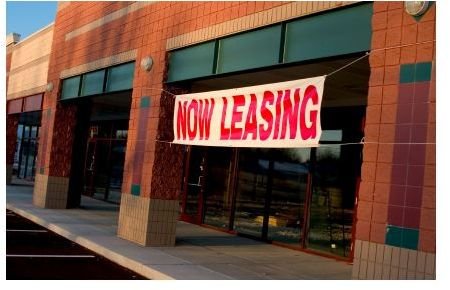Define Real Estate Investor: Commercial vs. Residential
Residential Real Estate Investor
In very simple terms, the definition of a real estate investor is simply a person who invests in real estate. However, this simple definition does not always tell the true story of what a real estate investor is and what type of real estate they invest in. We will explore passive real estate investors, active real estate investors, and short term real estate investors as a way to define real estate investors, their characteristics and goals.
The most commonly known investor is the residential real estate investor who many recognize as their landlords. Generally speaking, these types of real estate investors are identified by two categories:
(1) those who purchase, repair, and sell residential real estate; and
(2) those who purchase, repair, and lease or rent real estate.
This category of real estate investor may be further defined as:
Passive - A passive residential real estate investor is an investor who may turn over the management of residential properties to a property management team and have little (or nothing) to do with the day to day management of the property (or properties).
Active - An active residential real estate investor is defined as an investor who personally handles a property including rent collections, maintenance requests, and other day to day operational aspects of property ownership.
A real estate portfolio for the residential investor may be comprised of one or more single family dwellings, or they may be large portfolios of apartment complexes. Depending on the size of the residential investors portfolio they may hire a property manager or a property management company. Some residential property investors purchase homes that are in a single neighborhood and live nearby in order to manage the properties themselves.
Commercial Real Estate Investor

While commercial real estate investors are similar to residential investors in many ways (e.g., they may buy property to rehabilitate and sell or may hold it), there are some significant differences in the types of properties they may invest in. Some of the types of properties that a commercial real estate investor may elect to purchase include:
Strip Malls - A strip mall is typically a small shopping center that has one anchor tenant. These malls may have small postal centers, barbers or hairdressers, a bank, and convenience stores.
Shopping Centers - These are typically very large facilities with more than one anchor tenant. These centers often have several large stores and may offer opportunities for kiosk owners.
General Use Commercial Space - Large buildings that are capable of housing manufacturing facilities, office buildings or a combination of both.
Most commercial real estate investors tend to be passive investors that will not take an active role in the day to day management of their real estate holdings. They typically will hire a management company who will take care of maintenance, collecting rent and finding suitable tenants. While not all commercial investors take this hands off approach, it is a common investment tactic.
Whether they invest in commercial or residential properties, or they buy and sell properties after repairs, this is how you define real estate investors. Each real estate investor has their own goals and they buy and sell real estate as they deem appropriate for their individual needs and goals. Understanding the real estate market is part of being a successful commercial real estate investor.
Resources
Sources:
- Investopedia 20 Investments: Real Estate & Property
- Beattie, Andrew; Simple ways to invest in Real Estate
- Author’s experience in commercial real estate lending
Image Credits
